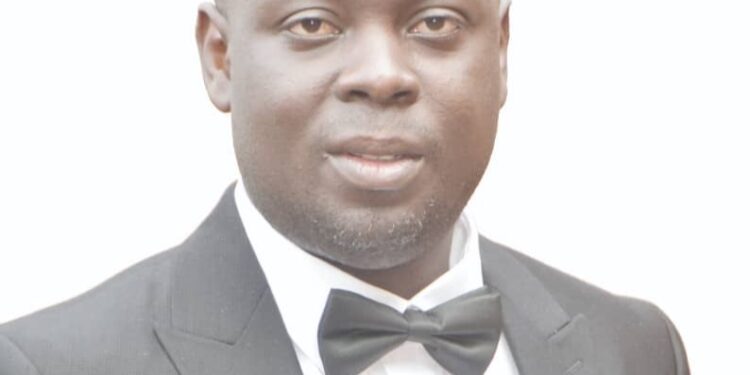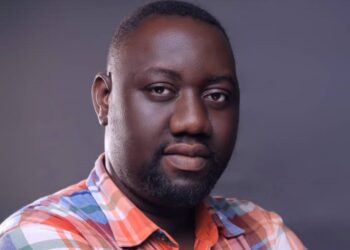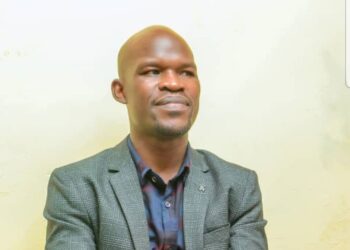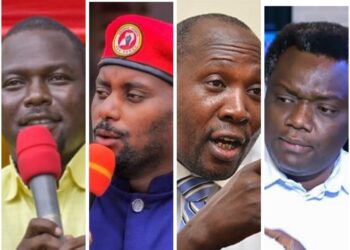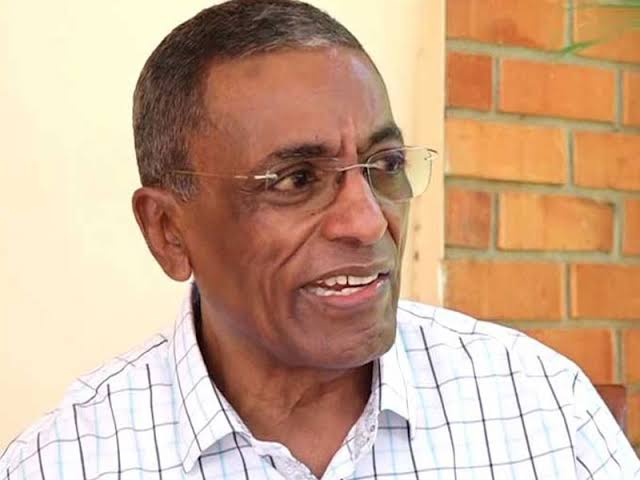“My life has been consecrated to the Ugandan people who I seek to serve guided by God’s will. Despite the slings and arrows of detractors and many personal setbacks my devotion to the tasks I set myself remain unwavering! I strive regardless. The more I fail, the more I strive!”
This was a tweet I came across posted by newly appointed Minister of Justice and Constitutional Affairs, Hon. Nobert Mao-an appeal for divine grace in a bid to serve his nation. Almost immediately, I saw another tweet from Hon. Betty Nambooze, the Mukono Municipality MP:
“The Pumpkin was harvested, cooked and eaten and it will now face all what cooked and eaten Pumpkins face… Mao is now fully an Absolute-Zero Politician”.
“Pumpkin” is nickname that Nambooze gave to Mao a while back during one of the heated moments in their “inhouse” rivalry for supremacy.
Nambooze’s tweet is a representation of all voices that have heaped scorn on Mao, the reigning President General of the Democratic Party (DP) for reaching a working cooperation agreement with the National Resistance Movement (NRM) party, an agreement which he signed with the NRM supremo, President Yoweri Museveni, at State House, Entebbe.
If there is anything Uganda does not need at this time it is politics of hate and violence. Our country is ripe for politics based on finding common ground to work together to resolve challenges we face in the transformation of our country.
For those complaining and attacking Mao for inking the agreement, what principles are they working with? On a number of occasions, and most recently in the Soroti City East Constituency elections, we saw FDC and NUP coalescing around one candidate, Moses Attan, instead of each fielding its own contestant. They believed that this would give them an advantage over the NRM candidate. It didn’t turn out well for Attan but the principle of working together for common interest was not lost. Obviously, if both parties had fielded candidates, they would have split votes and performed even worse. So, the idea of coming together is never a bad idea and the opposition has benefitted from it on a number of occasions much to the disadvantage of NRM whenever losers in its primaries have opted to go independent against the official party candidate.
And such unity has always been lauded as mature and progressive. But why is it that when NRM and DP agree to work together the same people have no kind words? Is it too much fear of NRM, too much hatred of Mao or just hypocrisy?
In next door Kenya, there is a culture of coalitions that is quite difficult to predict. At their most recent elections, they have always had formations pitting friends in a previous election stiffly against each other and foes from the same election standing together. For example, in the tensest elections of 2007, now Deputy President, William Ruto, was on the side of Raila Odinga while Uhuru Kenyatta, his current boss, was on the side of late Mwai Kibaki. However, by 2013, Ruto and Uhuru were on the same side against Odinga who teamed up with Moses Wetangula, Kalonzo Musyoka and Musalia Mudavadi. The formation remained the same in 2017, even when a re-election was ordered by Court after annulment of that year’s Uhuruto win.
In a turn of events, in this year’s elections set for August 9, Uhuru is backing Odinga in the Azimio La Umoja coalition while Ruto is with Mudavadi in Kenya Kwanza Alliance. Kenya makes true the saying that there are no permanent enemies or friends in politics.
The very same Ugandans who always praise the Kenyan model as maturity politics at play are the same ones attacking Museveni and Mao-they accuse the President of “buying off” the opposition while accusing Mao of selling his soul as if he had a contract with them on how to build his leadership career.
Mao is a born leader who has always aspired at many levels and among the qualities that identify him uniquely is politics of ideas and nonviolence unlike the radical brigade of pushers who believe that they must cause regime change forcefully. While they have been at loggerheads with Mao already, cooperating with NRM is particularly annoying because deep down they know that Ugandans will more likely shift base to politics that gives them hope and which is based on unity and looking beyond elections or regime change.
Even if the regime changed but leaders on both sides of the divide cannot come together to work on things that benefit their people regardless of their different political convictions, then those leaders become misleaders.
There is a lot to cooperate on; all Ugandans, regardless of what politicians tell them, want development and involvement in Government empowerment programmes such as Parish Development Model (PDM); all Ugandans want security, they want better healthcare, food and a working formula for effective service delivery.
It should be remembered that President Museveni has always operated some kind of “coalition Government” because of his philosophy of inclusivity. Right from 1986, he had “opponents” like Dr. Paul Kawanga Ssemogerere, Ssebaana Kizito, Abu Mayanja, Mayanja Nkangi, Maria Mutagamba. Even now, he has UPC’s Betty Amongi as Minister of Gender, Labour and Social Development and Joyce Nabbosa Ssebugwawo of FDC as Minister of State for ICT.
Moreover, Parliament, an arm of Government, and some local councils have membership and leadership from the opposition. What is different when Mao joins them to serve? They should led him be!
The author is the Deputy Presidential Press Secretary
Contact: faruk.kirunda@statehouse.go.ug
0776980486/0702980486
Do you have a story in your community or an opinion to share with us: Email us at editorial@watchdoguganda.com


